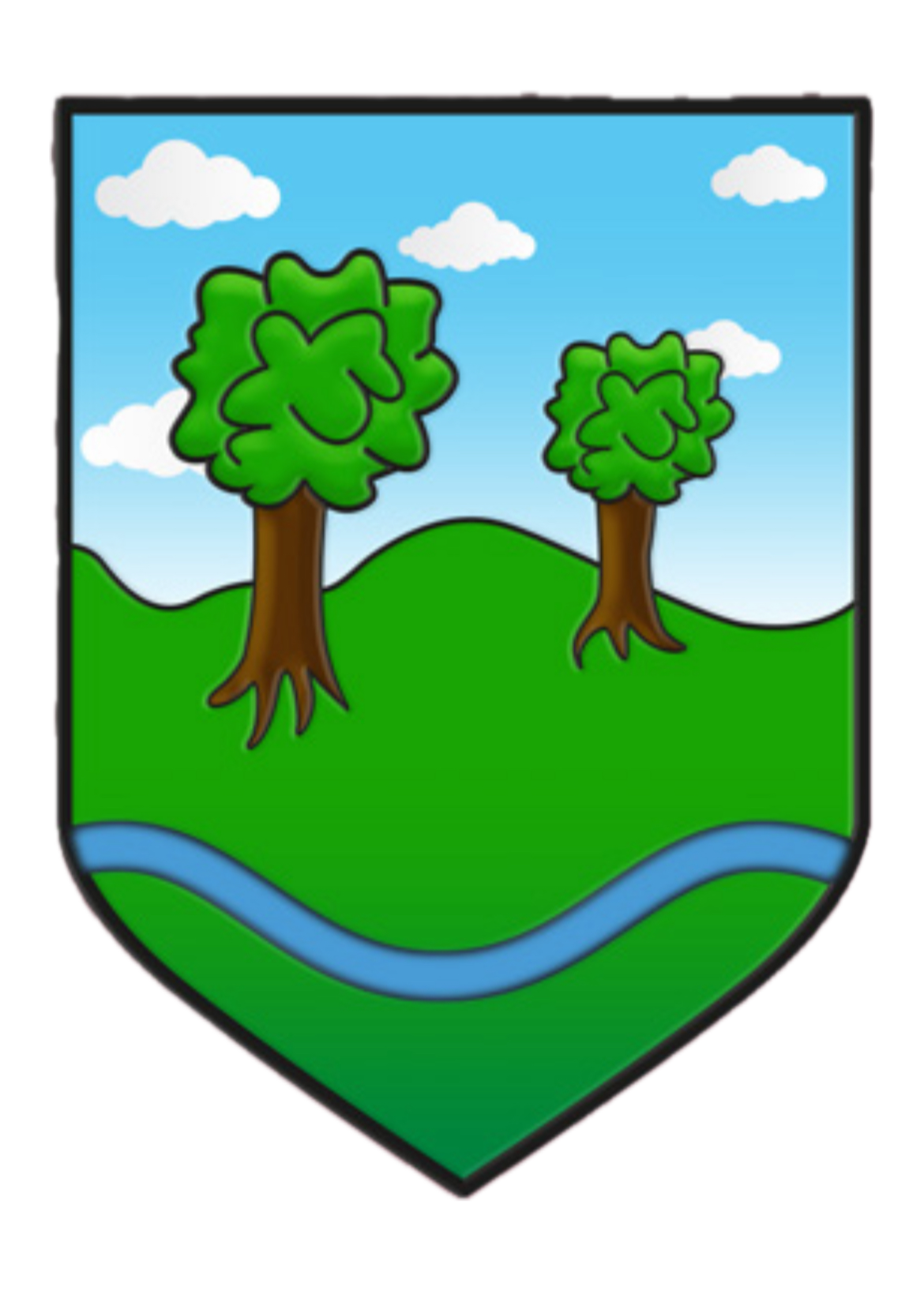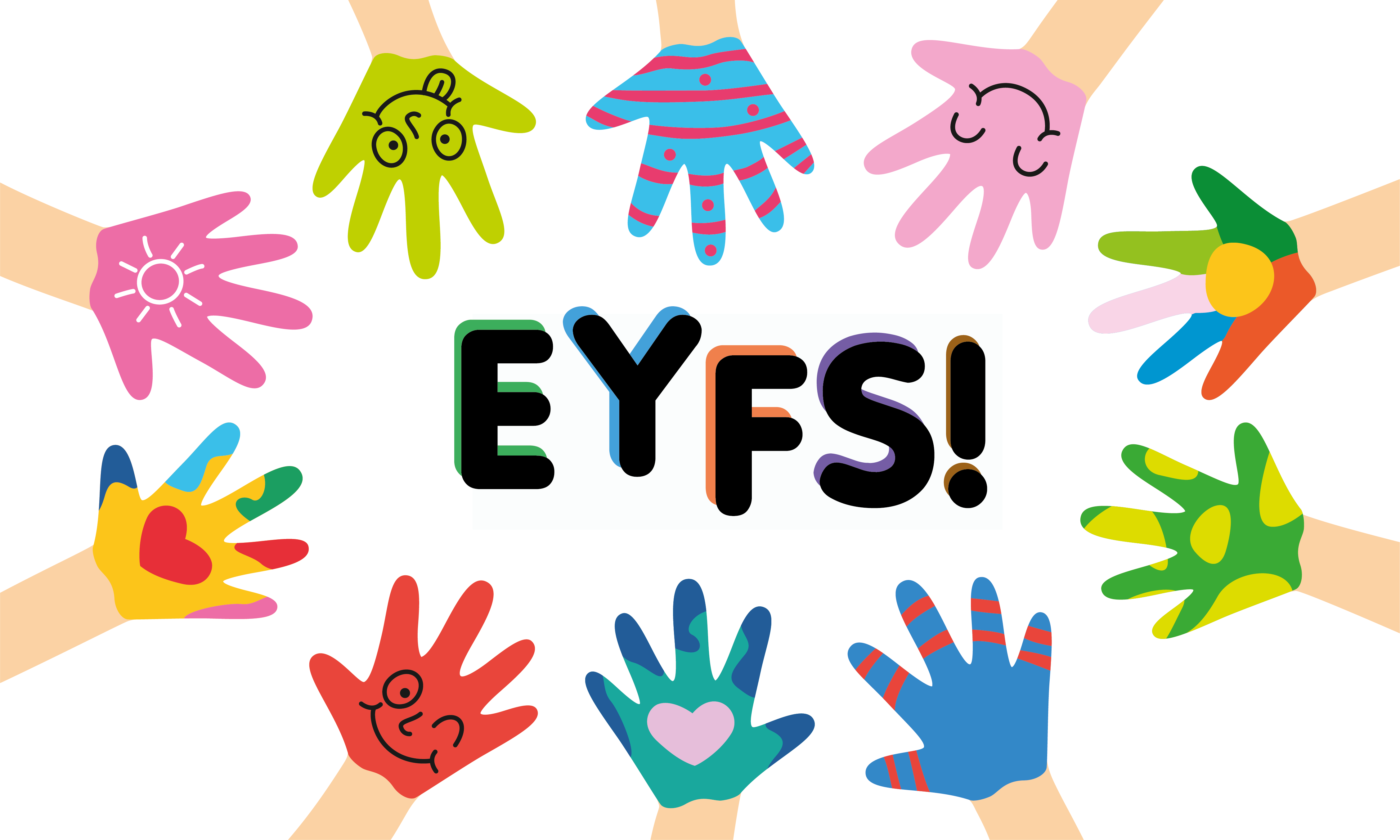
Great Alne Primary School
EYFS
EYFS Curriculum Intent

At Great Alne Primary School, we believe in providing a secure foundation for our youngest children by providing a nurturing, engaging environment tailored to their personal needs whilst preparing them for their future learning.
Great Alne Primary School’s EYFS curriculum allows children to develop interpersonal skills, build resilience and become creative thinkers. We aim to provide a fun, secure, challenging and a rich educational environment that enables each individual to thrive!
We hold high expectations for all children in our setting - promoting independence, supporting self-regulation and their 'sense of self' so that they feel that they can achieve their learning goals.
Every child is recognised as a unique individual and are supported to develop verbally, socially, emotionally, physically and cognitively so that they are ready to successfully transition into Year 1.
EYFS curriculum Implementation
The foundation for the delivery of our EYFS curriculum is an enabling environment, where the children know more and do more, supported by adults.
We follow the Early Years Statutory Framework for the Early Years Foundation Stage supported by the Development Matters document (2021) for all the Prime (Personal, Social and Emotional Development, Communication and Language and Physical Development) and Specific (Literacy, Mathematics, Understanding the World and Expressive Arts and Design) areas of learning.
Learning is divided into seven key areas:
- Communication and language
- Physical development
- Personal, social and emotional development.
- Literacy
- Mathematics
- Understanding the world
- Expressive arts and design
Underpinning these areas are three ‘Characteristics of Effective Learning’
- Creating and thinking critically – children have and develop their own ideas, make links between ideas, and develop strategies for doing things.
- Active learning – children keep on trying if they encounter difficulties, and enjoy their achievements.
- Playing and exploring – children investigate and experience things, and ‘have a go’.
Reception children are part of a mixed Reception, including Year 1 and Year 2 children. The curriculum is planned around a two-year rolling programme which ensures full coverage of the skills and concepts required to achieve the Early Learning Goals for the reception children and those of our children in KS1 (year 1 and year 2).
A number of key resources are used to support the development of the curriculum, including:
- WELLCOMM - helps to identify primary school children who are experiencing barriers to speech and language development.
- Development Matters
- White Rose Maths
- Read, Write, Inc phonics lessons
- Opportunities for child-initiated activities with access to the indoor and outdoor environments.
- Continuous provision is developed through the weekly Rainbow Challenges
- Discussions between staff following observations identify next steps for the children to be planned.
- Focused support through 1:1 play and planned intervention provide children who are finding areas of their learning challenging to progress towards meeting their full potential.
- Communications between home and school are supported by the use of the Class Dojo, reading records and parent meetings.
EYFS Curriculum Impact
Children who achieve the expected standard within the Early Learning Goals have the knowledge and skills needed to continue to maintain good progress in Key Stage 1 and beyond. The mixed age class facilitates an effective transition for children into Year 1 and allow us to plan accordingly for the next stage of their learning journey.
At Great Alne we do this by ensuring ongoing assessment is an integral part of the learning process. Staff observe pupils and these observations are used to plan next steps.
We complete national Baseline and a school baseline at the start of the year along with a language screening tool called WELLCOMM. The RWI phonic assessments are carried out every half term to quickly identify pupils that are not making expected progress. Our aim is for children to ‘keep up’ rather than ‘catch up’ where possible.
Across EYFS, assessments, based on Development Matters, are completed three times per year and shared with parents. Some children, who need additional support, will be assessed more regularly so that finer steps of progress can be monitored. In Summer Term 2, the Early Years Foundation Stage Profile is completed, where teachers judge whether the child has met each of the 17 ELG’s. They will be assessed as either ‘emerging’ or ‘expected.’
Early Years Foundation Stage Statutory Framework
Working Together to Safeguard Children
Baseline Assessment Information for parents